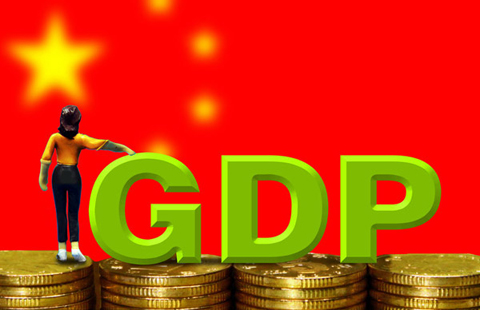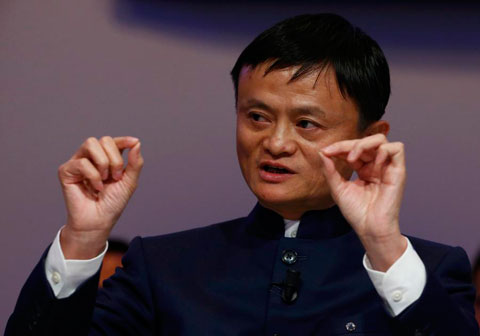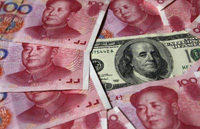Africans' fatter wallets shift trade focus with China
By Zhong Nan and Yan Yiqi (China Daily) Updated: 2015-02-02 07:36Growth in trade between China and Africa will continue to be robust, he says. In addition to increasing in size, quality is also improving as mechanical and electrical products displace garments and plastic products to account for some of the biggest volumes of Chinese exports to Africa, a remarkable trend over the past three years.
The Chinese government is yet to issue complete China-Africa trade figures for the whole of 2014, but Zheng Yuesheng, spokesman for the General Administration of Customs, says China's trade with emerging markets including Africa, Russia and India amounted to $475 billion for the year. Trade between China and Africa grew 4.3 percent, he says.
The Institute of West Asian and African Studies at the Chinese Academy of Social Sciences says that trade between China and Africa might have surpassed $230 billion last year.
As oil prices fell globally in the second half of the year, many African economies reliant on exporting oil suffered revenue and currency losses.
Angola and Nigeria, sub-Saharan Africa's two biggest oil producers, have fared particularly badly as the oil price has fallen below $50 a barrel.
Although the difficulties presented by falling oil prices are not unique to African producers, it is clear that African economies will be more severely hit by them than are other developing regions.
Zhao Zhongxiu, a trade professor at the University of International Business and Economics in Beijing, says commodity trade between China and Africa will continue to reflect their comparative advantages this year. The primary resources that dominate African exports are sent all over the world, and not just China, he says.
Within the framework of the Forum on China-Africa Cooperation, China will raise its investment in agriculture, education, infrastructure and transport in Africa, along with diversified trade models.
Some African countries, such as Angola, Cameroon, Ethiopia and Ghana, eager to increase their exports and avoid the long-term negative effects of the global financial crisis, have shifted their focus to China from their traditional trading partners such as the US and European countries, Zhao says.
"Many African countries are keen to step up their work in building new industrial foundations or economic zones, and China's exports of electromechanical and labor-intensive products to the continent grew steadily last year."
Exports of seven categories of labor-intensive products including footwear, furniture, plastics and textiles grew rapidly in Africa, as did exports of construction machinery and manufacturing equipment.
- The West's green eyes on China-Africa win-win cooperation
- AU, China to cooperate on infrastructure, industrialization
- South Africa expects China to help it move up the value chain
- Electrical cable maker finds doing business in Afrira challenging
- Sino-African ties look bright as trade heads toward $200b
- China's Africa aid "not neocolonialism"
- African FTZ will leverage China-Africa ties
- Chinese money flows into UK
- Top 10 Chinese brands of 2015
- The West's green eyes on China-Africa win-win cooperation
- China's social security fund yield outpaces GDP growth
- China e-commerce targeting rural, foreign markets
- Porsche to recall 28 Spyder cars in China
- China urges new Greek leaders to honor COSCO Piraeus contract
- Chinese smartphone makers rise to rival Samsung, Apple

















